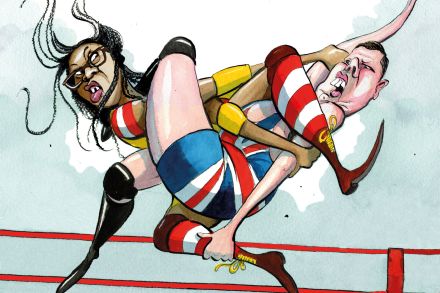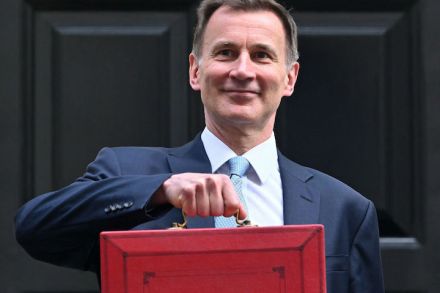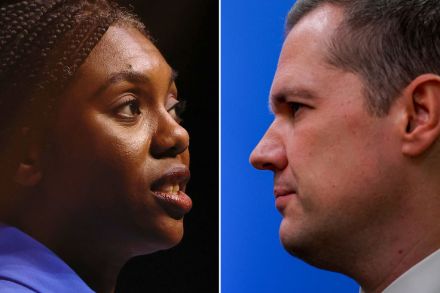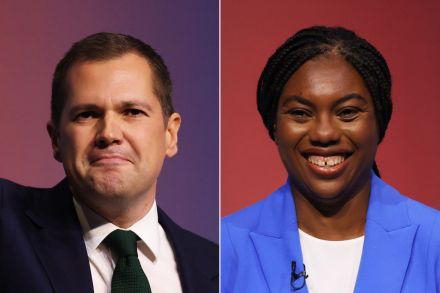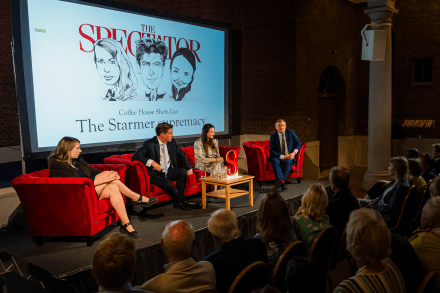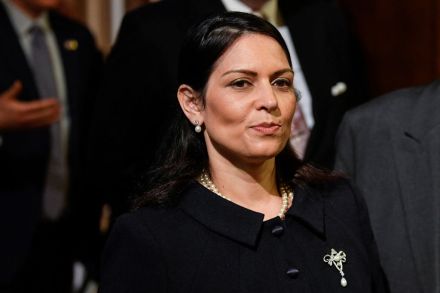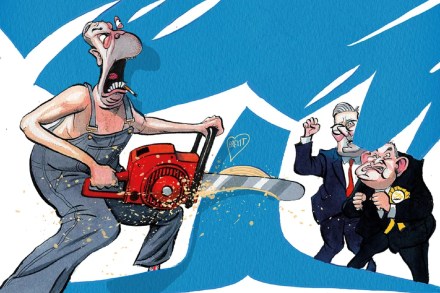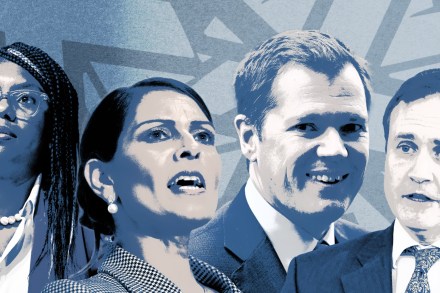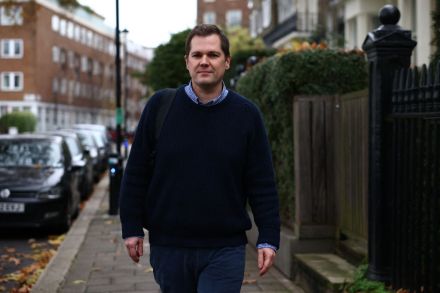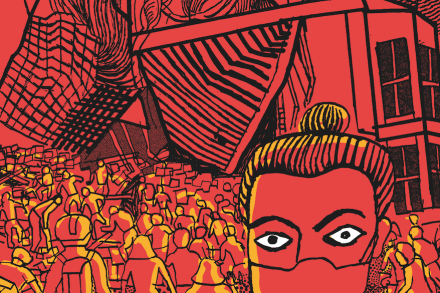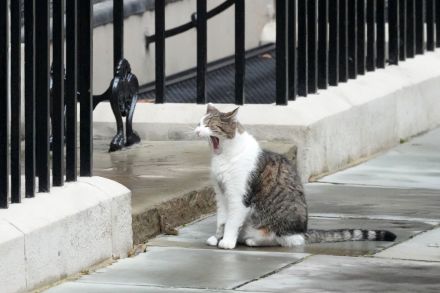Kemi vs Robert: who would be the best Tory leader?
Ed West on Robert Jenrick It’s a testimony to the sheer unpopularity of Keir Starmer’s government that only three months after voters gave the Conservatives their biggest electoral kicking in two centuries, Labour has already lost its polling lead. Indeed, it has achieved this so quickly that its opponents still don’t even have a leader. But as much as Labour has failed to impress, its dire poll numbers reflect a wider trend across the western world, where political leaders are now roundly hated almost everywhere. This suggests something more profound is going on. If politicians are disliked, it’s in part because western countries are so badly governed, although Britain seems
